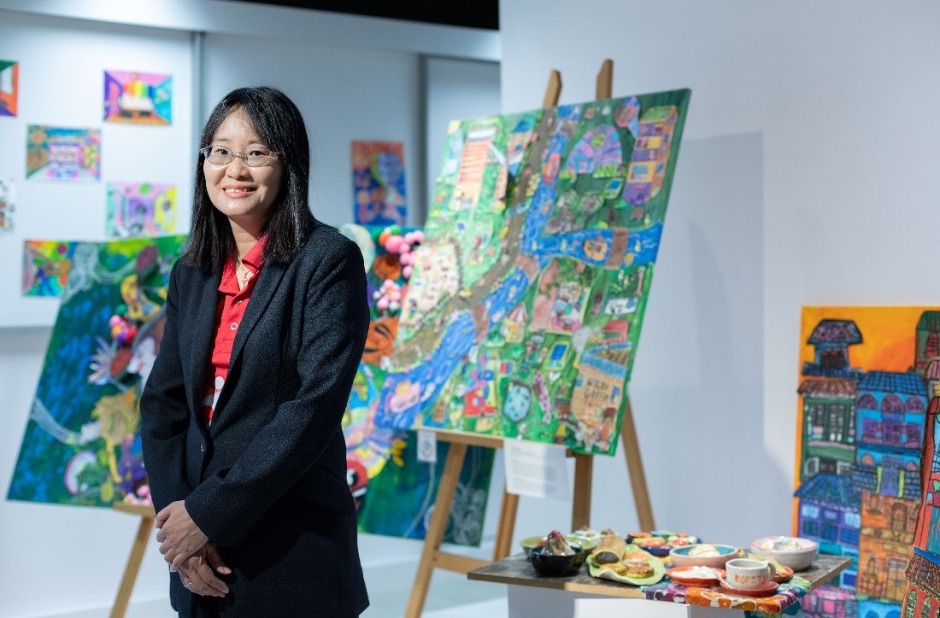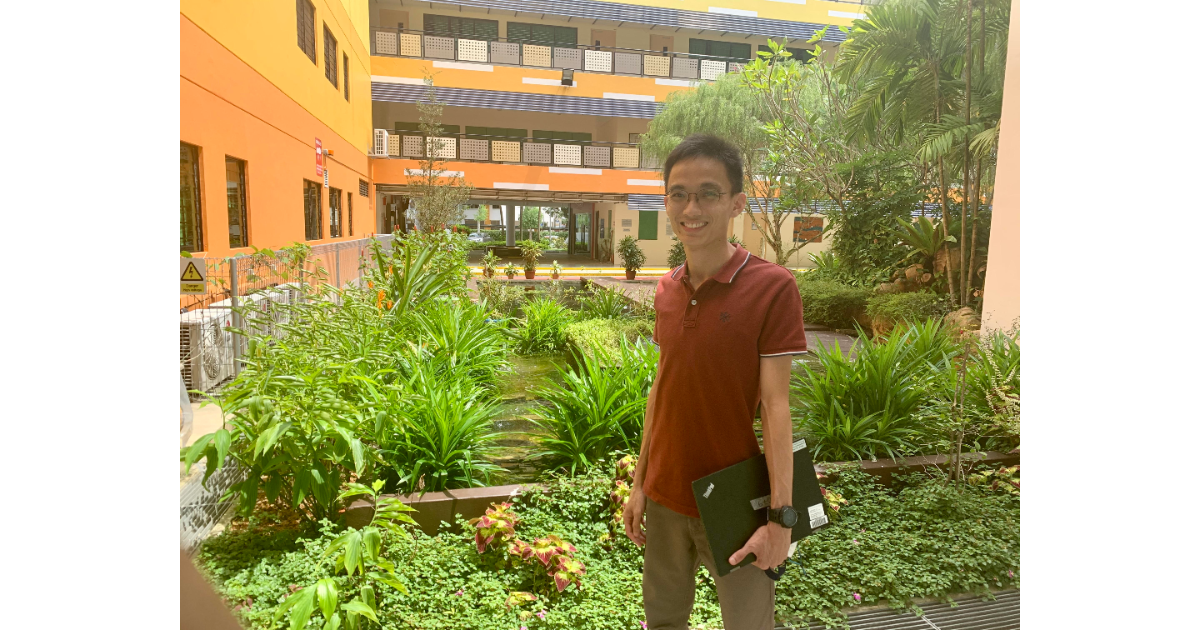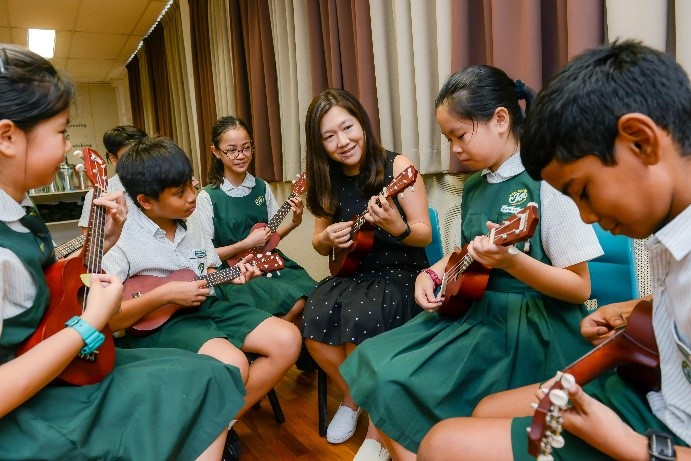A teaching win for me is… when my students want to be The Fool.
The Fool, in Shakespeare’s works, refers to characters who may seem silly and amusing but who may also reveal hidden truths and wisdom.
I hope my students will be ‘foolish’ in feeling brave enough to step outside of their comfort zones, ask questions, and share their opinions aloud, even at the risk of looking ‘silly’ – there’s no such thing!
I vividly remember a student who was often distracted in class, doing odd things such as rolling on the floor. For an entire year, he would plagiarise or use ChatGPT to generate entire essays. It dawned on me that it might be because of his fear of providing the wrong answers.
For one year, I tried to work his antics into the lesson, and more importantly, show him that it’s okay to just try. I used his penchant for drama to act out segments of the text, and also gave him the opportunity to perform his own written poem to the class. Later, he texted me on my birthday to thank me for “not giving up on (him)” and making it safe for him to express himself.
I especially enjoy it when students share their considered views freely.
Once, my class was discussing the short story titled “Adeline Ng Ai Choo” in Catherine Lim’s book ‘Little Ironies’. In this story, the main character, a secondary school student, faces intense parental pressure to succeed.
Often, the parents in the story are vilified, which was where the class discussion was headed – until a laid-back Secondary 1 kid suddenly spoke up. He launched into a passionate defence of the parents, arguing that even though they might seem ‘evil’ for putting so much stress on the main character, they actually had good intentions. And he was able to justify his reasons eloquently based on what he read in the story. Moments like these, when students are emboldened to express well-founded thoughts, are huge wins for me.
An effective teaching approach to me is… to sometimes take a step back when my students are facing a problem.
It is very tempting to keep telling our students things and giving them solutions. But what I realised is that it merely trains them to be good listeners, as opposed to developing the skills to form their own thoughts and conclusions.
As teachers, we are often predisposed to offer solutions readily. When I first joined the school’s student leadership committee, I would sit there during student meetings and find an hour too long to, say, discuss a 10-minute activity.
I would always be tempted to just propose an activity for them to carry out, instead of letting them ideate, in order to save time. But then I thought, what was my purpose? Was it to solve problems for them, or was it to develop them as leaders?
Hence, I decided to stop myself from offering outright solutions, but rather just ask probing questions. And in doing so constantly, despite taking a longer time, sometimes the ideas they came up with for school events, or initiatives for improving the school, would turn out more successful that what I might have initially suggested. And this made me proud!

An initiative I find meaningful is… a songwriting project for my Secondary 2 students.
I ran a month-long song-writing project during Literature lessons, where students used their knowledge of literary devices like metaphors, imagery, and rhyme to come up with meaningful lyrics. What’s exciting is that this was also a collaborative project with the Music teachers, where my students would bring their lyrics to Music class and put the words to music, producing an entire song!
Of course, some students were afraid to get the ball rolling, thinking that what they’d produce is embarrassing. To encourage them, I showed them my first poem ever written: a terribly overwrought poem that I wrote to impress a girl in Secondary 2 (which obviously didn’t work). Some of my students gave an impromptu performance by reading it out loud — which definitely brought back many embarrassing memories – but it was great for a few laughs and to warm everyone up to writing their song!
I had a shy student from abroad who joined our school midway through the year. Despite the difficulties she faced adapting to life here, her lyrics reflected her positivity: “Struggle’s part of life’s grand plan / Love yourself, be who you are, stand tall / A baby’s gaze, curious and bright / Learning, growing, with all your might.”
This project means the most to me because my students got to express their thoughts, feelings, and aspirations creatively and bravely.






